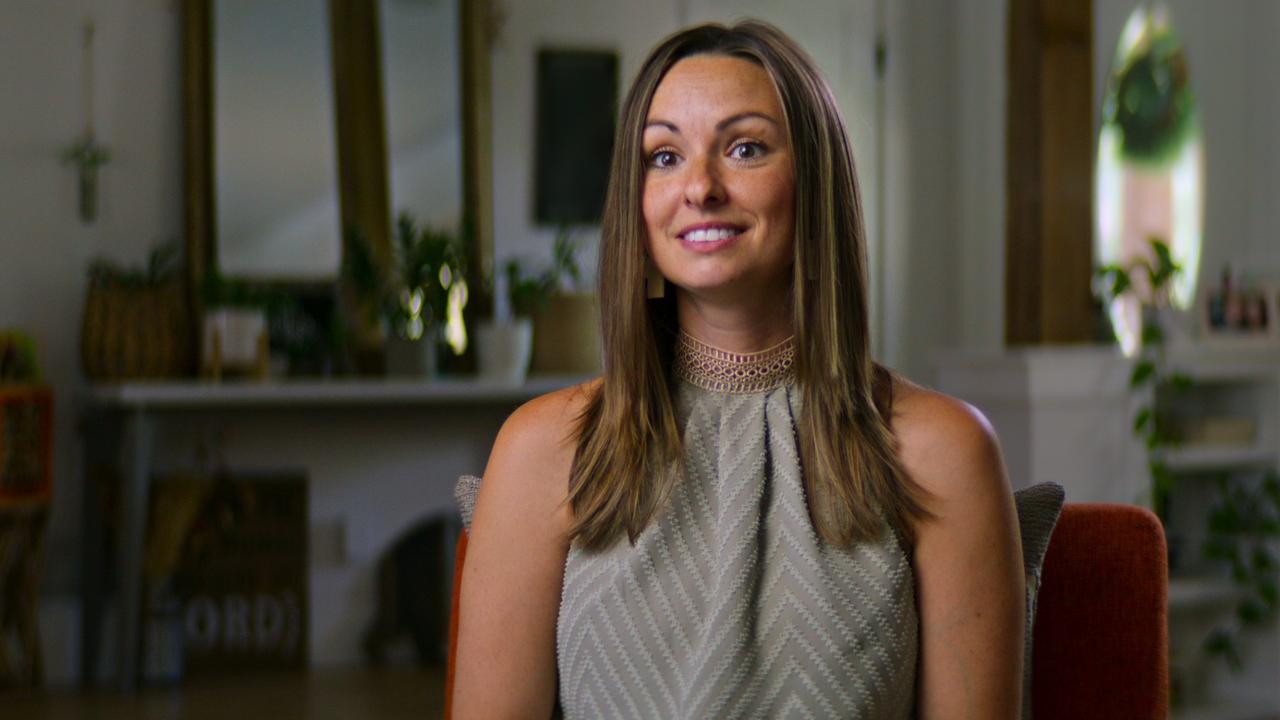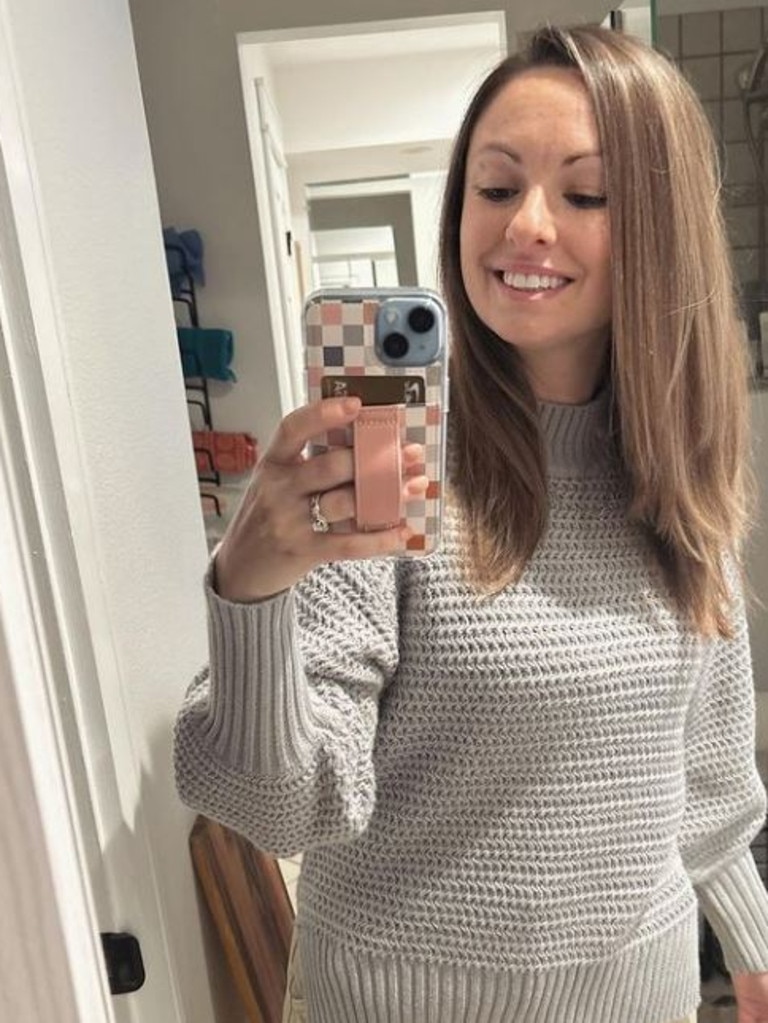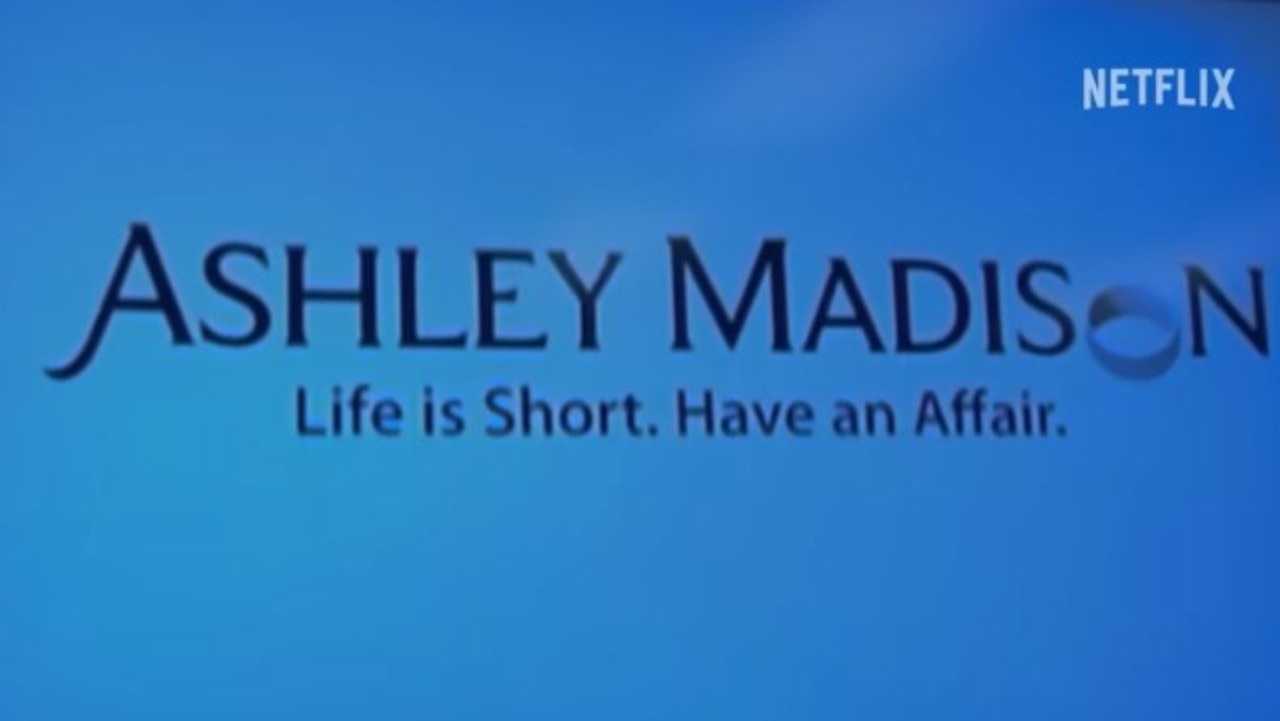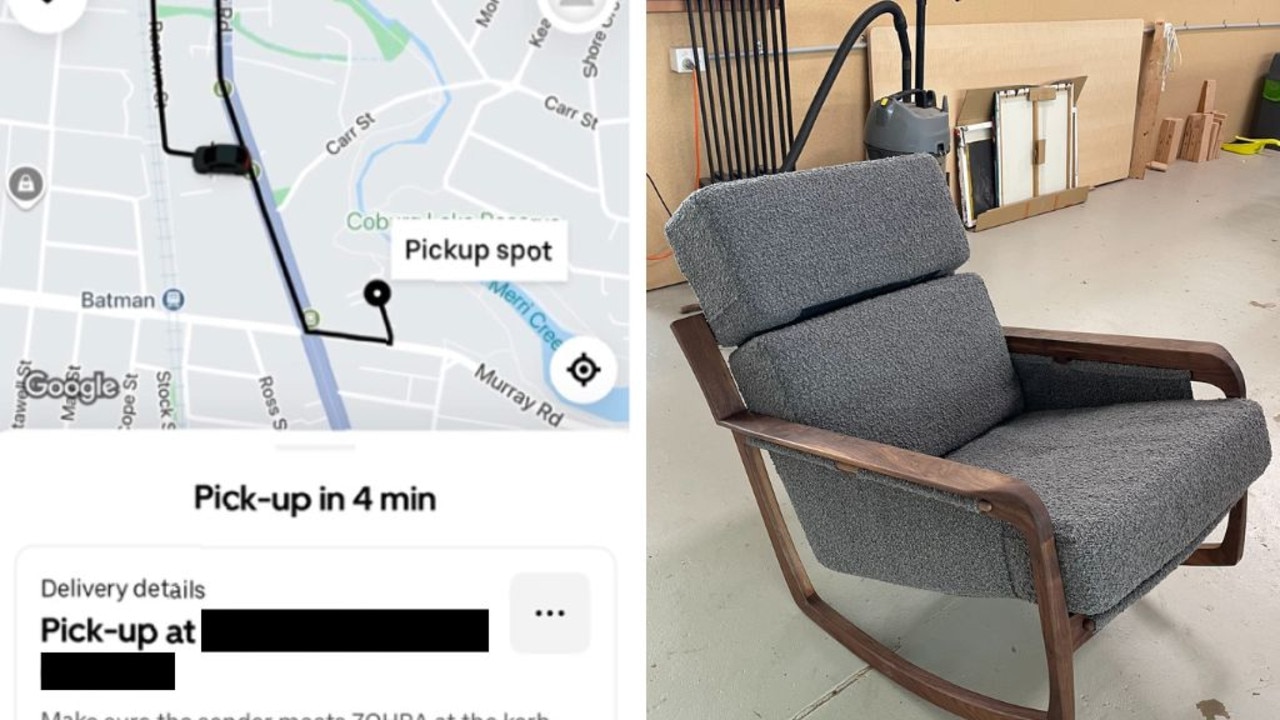Ashley Madison documentary exposes Aussie dating truth
The new doco on Netflix about Ashley Madison the dating site for married people has exposed a wider truth about finding love in Australia.

COMMENT
There’s a moment in the new, fascinating Ashley Madison documentary on Netflix that really surprised me.
The documentary – entitled Sex, Lies & Scandal – follows the dramatic twists and turns of the notorious dating site designed for married people who want to be discreetly unfaithful. Their infamous tagline was: ‘Life is short, have an affair.’
The surprise was my reaction to the founders as they did the media launch of what was then a very controversial new dating site. I was resolved to despise and disagree with anything they said, believing this to be a highly unethical and cynical exercise in making money.
But as I listened to their launch lines, my views softened. I even found myself almost semi-persuaded by them.
It can certainly feel like, in today’s modern world where we live both longer and faster, promising monogamy forever feels, at best, quaint.
At worst, it feels like tradition is forcing us to accept unrealistic expectations that are no longer fit for purpose in modern society.
Those expectations of strict lifelong fidelity feel idealistic to the point of utopian and dated, a stiflingly conservative relic from a former era.
I certainly can’t get everything I need from one man for the rest of my life. And that feeling is liberating, not something for which I should be sanctimoniously judged under the insidious guise of ‘family values’.

Of course, if you’ve made a solemn promise to someone, you should try your utmost to keep it. But maybe it’s the promise itself – not the person – we should attack when things get broken, as they so often do.
Some affairs are consensual within polyamorous relationships; in this case they’re not ‘cheating.’ Some affairs – let’s be real – reignite flagging relationships that would otherwise have ended.
Others make someone realise they’re actually in toxic, abusive or sterile relationships once they’re reminded of the long-forgotten respectful adoration of another.
Not to sound like a one-man publicist for adultery, but I know and love both friends and family members who’ve had affairs and think no less of them as people; they’re fallible, and relationships are complex.
It took me a long time to learn this, though. You have to dismount your high horse to live in the real world.
But then – spoilers ahead – any sympathy I felt wanes.
A Christian vlogging husband who preached to us all about following God’s word on such matters is, surprise, revealed to be a lying hypocrite who came onto his wife’s close friend and had an account on Ashley Madison.


So, with all this hypocrisy, dishonesty and much American conservative hand-wringing, the Canadian site presents a pretty bleak picture of modern dating across the Pacific.
But, believe it or not, things are just as bad, and in some cases worse, in our own backyard.
The Australian media culture towards dating is name-checked in the documentary to be the worst in the world.
After one of the most scandalous data breaches the world has ever seen, in 2015, Ashley Madison was dramatically hacked. ‘The Impact Team’ of hackers threatened to release exactly who was on the site if it didn’t close down. They followed through and did so.
The results were devastating. Families were destroyed. Some users faced extortion and bribery.
And yet. Just one country singled out in the documentary, is called out for making sport of such revelations live on air: Australia.
To Fitzy and Wippa it was a game. They invited listeners to call in and discover live on air if their spouse is on the leaked list of Ashley Madison accounts.
One woman Jo does so.
Now, it may sound odd to phone in on such matters, but I’m not going to victim-blame the vulnerable party here. The producers should’ve known better.


When the hosts, after gleefully saying they feel like they’re on Jerry Springer, reveal that her husband had an account, Jo is clearly extremely distressed and devastated, and then hangs up. This entire audio is now being broadcast worldwide to demonstrate how certain sections of the Australian media are failing when it comes to reporting on the trauma and vulnerabilities of dating.
Yet, when it comes to modern dating, some Australian dating sites employ questionable tactics.
Journalist Annalee Newitz, editor-in-chief of Gizmodo, analysed the leak and revealed Ashley Madison had over 70,000 bots sending fake female messages to male users.
The documentary reports that the site wildly over-inflated the number of women members and suggests the vast majority of users were men.
Cathy, a former Ashley Madison employee, says she knew there were many fake female profiles and that most messages from women to men were coming from Ashley Madison staff or from bots to keep men paying memberships.
Men must pay to respond to initial messages from women or to initiate conversations, which women don’t pay to do.
One commentator called it “predatory” and that “men were being charged for the privilege of being lied to;” perhaps ironic, given they themselves were likely lying to their spouses.

In some Australian dating agencies, the reverse ratio seems to happen. I know because I did a six-month investigation into introductions agencies in Australia.
I spoke to 10 women for the investigation and discovered they’d all paid the same Australian introductions agency over $5,000 for a year’s membership and a promise of being introduced to ‘high calibre,’ ‘sophisticated and stylish’ clients who ‘won’t be seen on dating apps’.
One woman didn’t go on a single date in six months of membership. I discovered at least four cases of successful refund requests from women, all fought at tribunal, for the agency not doing what it was contracted to do – in one case, a woman not receiving a single successful introduction in five months of membership. Another woman went on just one date in five months. One woman, whose reputation was trashed at tribunal for asking for a refund, told me it led to suicidal ideation.
One woman was introduced to a man who said he hadn’t been a paying member for six years. Another of her dates was between jobs and houses, the opposite of the calibre of man she’d been guaranteed for such a high membership price. A third man also said he was a lapsed member.
One man I spoke to said he’d been sent free introductions.
The agency’s owner refuted the claim that some men pay nothing to be members and that they work hard to maintain a healthy year-round balance of males and females on their database.
Just one woman of the 10 I spoke to was engaged to be married as a result of meeting a man via the introductions agency.
At another gay introductions agency, I heard similar stories. One man paid $7,500 for membership and went on just one date in 18 months after chasing the agency or being sent unsuitable matches, such as a man in Melbourne – when he lived in Sydney.
These are worrying stories.
People purporting to help you find the love of your life are saying what they need to keep you paying membership fees to their dating sites.
Before you judge those who’ve been unfaithful, perhaps consider those profiting from heartbreak and disappointment – and consider who the real villain is.





